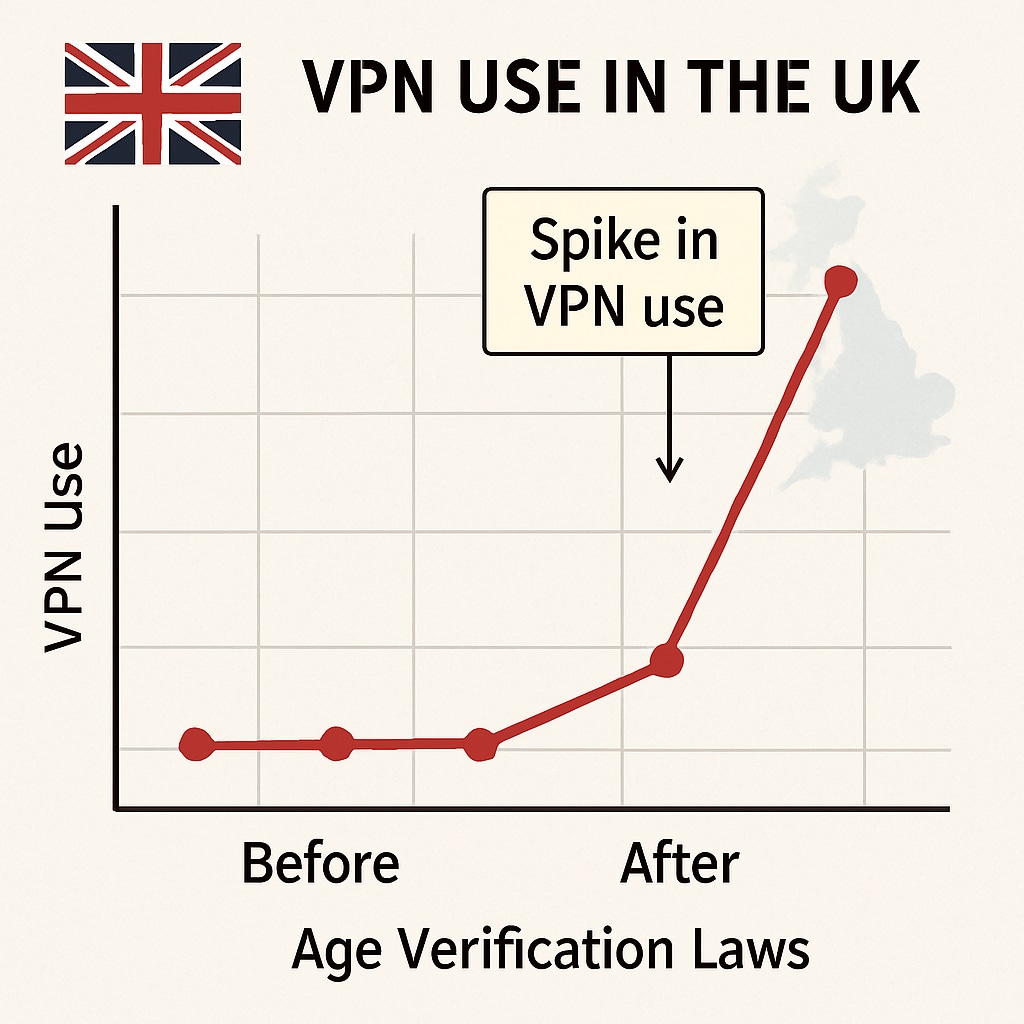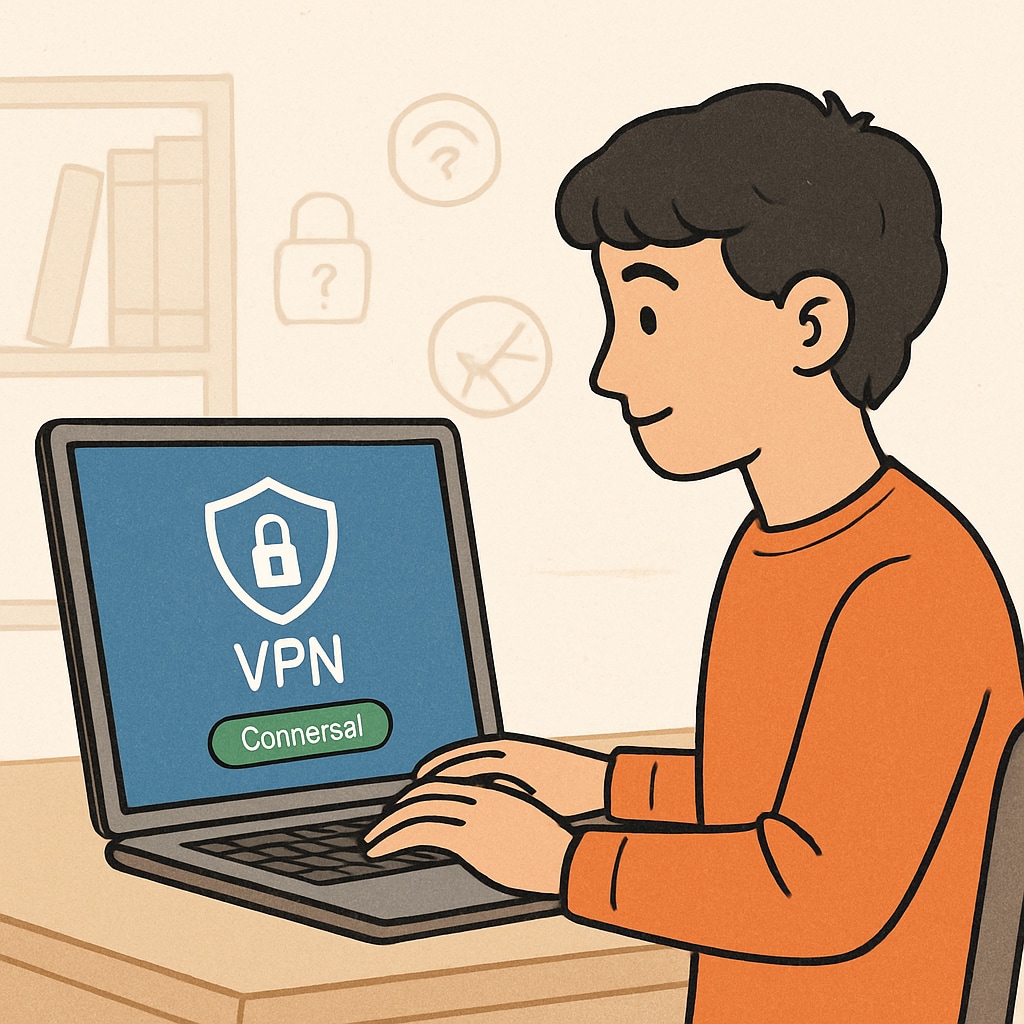The introduction of age verification laws in the UK has sparked widespread debate about their effectiveness in protecting young internet users. While these measures aim to shield minors from inappropriate content, they have inadvertently led to a dramatic rise in VPN (Virtual Private Network) usage among both teens and adults. This phenomenon underscores the limitations of relying solely on technical barriers and emphasizes the urgent need for robust digital literacy education for the younger generation.

Understanding the UK’s Age Verification Laws
The UK government enacted age verification laws requiring websites hosting adult content to verify users’ ages before granting access. Platforms failing to comply face penalties, including fines or restrictions. While the intention behind these regulations was clear—protecting minors from harmful material—their implementation has been met with criticism, particularly regarding user privacy and the effectiveness of enforcement mechanisms.
One notable unintended outcome has been the surge in VPN usage. VPNs allow users to bypass geographic restrictions and avoid sharing personal information, making them an attractive tool for individuals circumventing these laws. According to recent reports, VPN downloads in the UK have increased significantly since the regulations were introduced, raising questions about whether technical restrictions are the right approach to online safety.
The Rise of VPNs: A Double-Edged Sword
VPNs are a legitimate tool for online privacy and security, widely used by businesses and individuals alike. However, their widespread adoption among teenagers seeking to evade age verification laws has sparked concern. While VPNs protect user anonymity, they can also provide unrestricted access to potentially harmful content, negating the intended protective function of the regulations.
For example, studies have shown that many young people use VPNs to access content that would otherwise be prohibited under the new laws. This trend not only undermines the effectiveness of age verification measures but also exposes youth to risks, including malware, phishing attacks, and unregulated digital environments.

Rethinking Online Safety: The Case for Digital Literacy Education
The unintended consequences of the UK’s age verification laws reveal a fundamental issue: technical restrictions can only go so far in protecting youth online. Instead of relying solely on barriers, policymakers and educators must prioritize equipping young people with the skills needed to navigate the digital world responsibly.
Digital literacy education involves teaching children and teenagers how to assess online content critically, recognize potential risks, and make informed decisions about their digital interactions. By fostering critical thinking and self-regulation, digital literacy programs can empower youth to become responsible digital citizens rather than passive consumers of online content.
How Schools and Families Can Collaborate
Creating a meaningful shift toward digital literacy requires collaboration between schools, families, and communities. Here are some practical steps to foster this change:
- Curriculum Integration: Schools can integrate digital literacy into existing subjects, such as social studies or IT, ensuring students learn these skills early.
- Parental Involvement: Parents can play a crucial role by discussing online safety at home and modeling responsible digital behavior.
- Workshops and Resources: Communities can offer workshops and resources on digital literacy, helping both parents and children stay informed.
As a result, young people can develop the tools to navigate the internet safely and effectively, reducing reliance on circumvention methods like VPNs.
The Way Forward
The surge in VPN usage following the UK’s age verification laws highlights a critical gap in current approaches to online safety. While technical measures are important, they cannot replace the value of education in fostering long-term behavioral change. By prioritizing digital literacy and encouraging collaboration between schools, families, and communities, the UK can create a safer and more empowered digital environment for its youth.
Readability guidance: This article uses short paragraphs and lists to enhance readability. It balances technical terms with clear explanations, ensuring accessibility for a broad audience while maintaining a professional tone.


